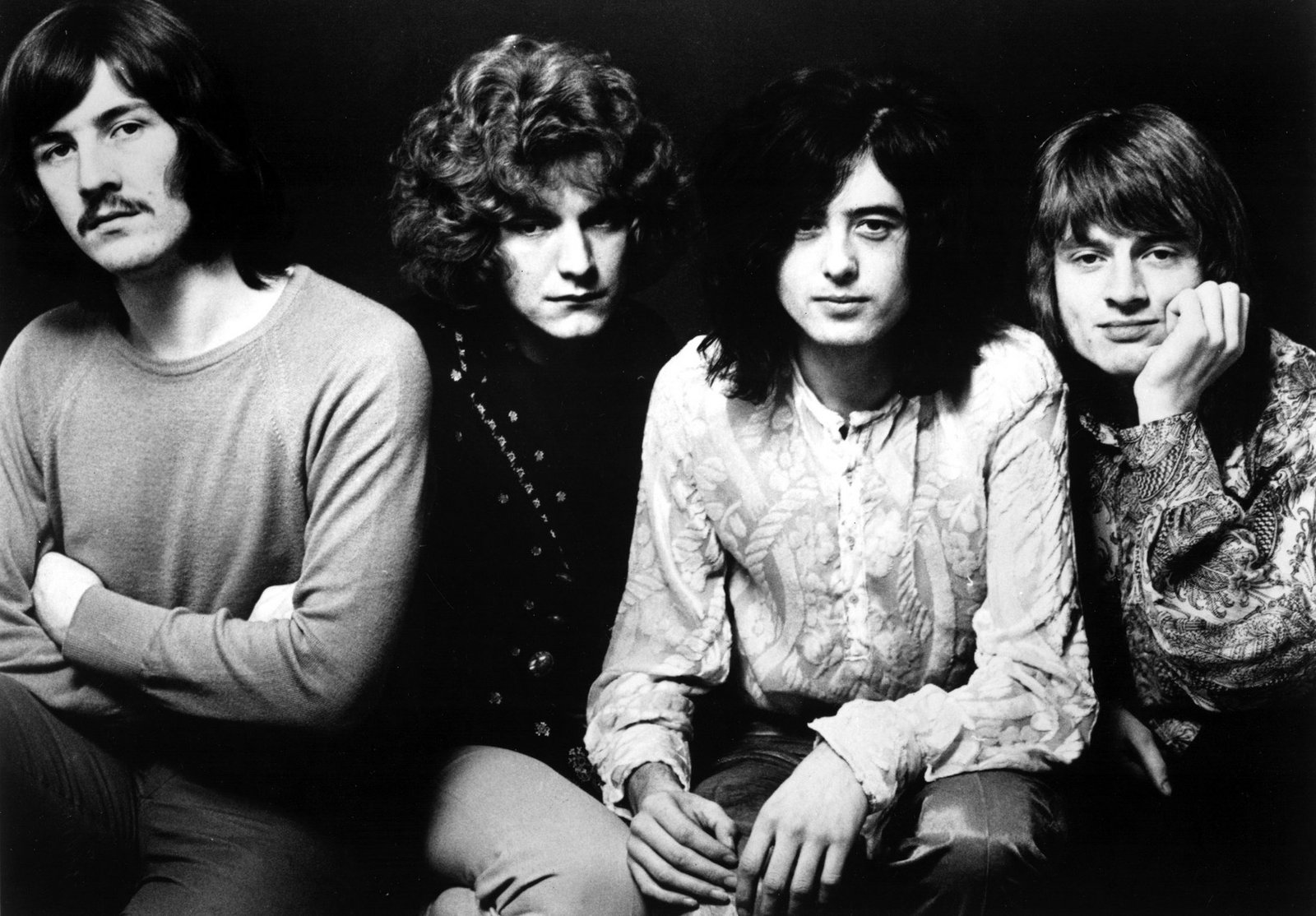Led Zeppelin stands tall as an indisputable titan in the realm of progressive rock, etching an indelible mark on the musical landscape. However, beneath the gleaming exterior of their illustrious career lies a moment of experimentation that raised eyebrows just two years after the monumental success of “Stairway To Heaven.” The year was 1973, and the album was “Houses Of The Holy.”
Amidst the signature heavy rocking sound that characterized Led Zeppelin, there emerged an audacious attempt at something different – “Dye’r Maker.” This unconventional venture originated as a whimsical idea during a reggae listening session, accompanied by a challenge to John Bonham, the renowned drummer, who playfully faced accusations of incapability in mastering reggae time.
What ensued, however, was a feeble imitation of the reggae genre, with Robert Plant’s vocals meandering lazily across the track like laundry hung out to dry in the autumn breeze. The song adopted a generic chord progression reminiscent of 1950s doo-wop, momentarily catchy but lacking the depth to sustain prolonged interest. Notably, even John Paul Jones, a key member of the band, expressed dissatisfaction with the haphazard development of the song, casting a shadow over its eventual release.
The reception within the Led Zeppelin camp was less than favorable, with the lessons learned from this musical detour outweighing any potential benefits. Yet, in a surprising twist of fate, the American audience embraced “Dye’r Maker” with a warmth that contradicted the band’s reservations.
Despite this minor setback, Led Zeppelin resolutely returned to their musical roots in subsequent albums, solidifying their commitment to their distinctive sound. In the grand tapestry of Led Zeppelin’s extensive catalog, “Dye’r Maker” stands as a peculiar footnote – a brief divergence from the norm in a legendary career marked by innovation and resilience.
